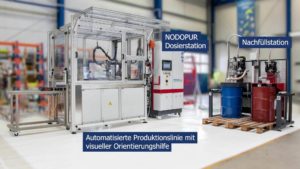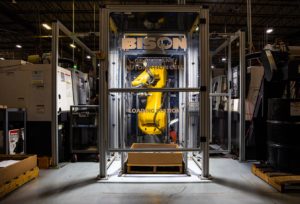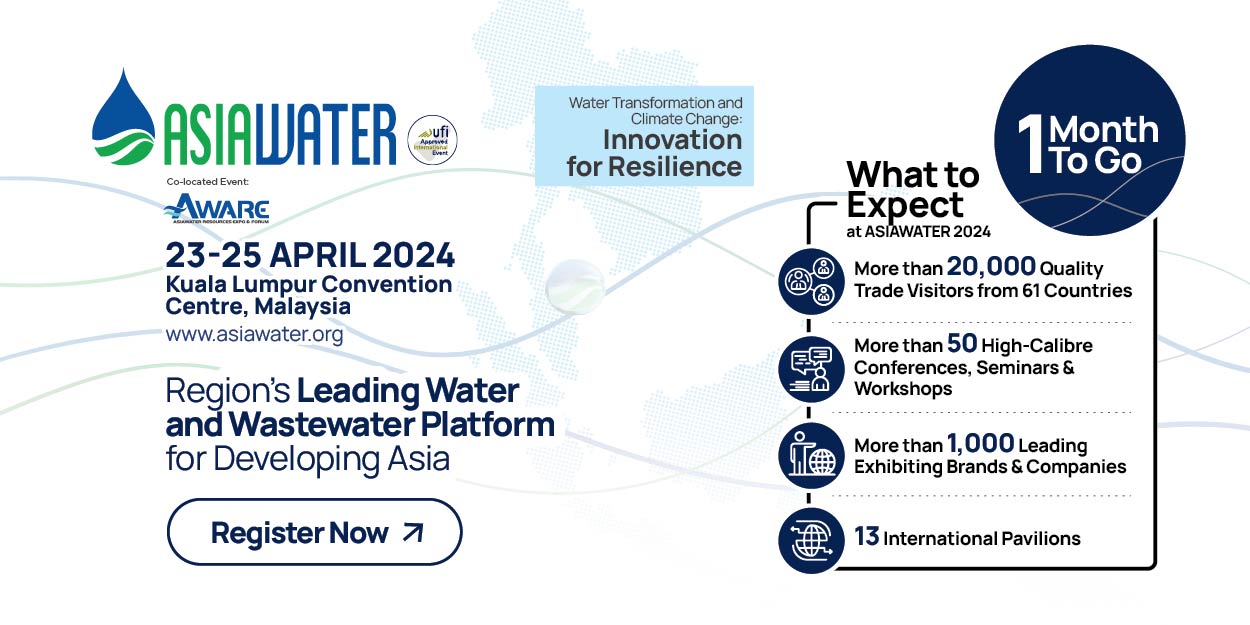ABB Appoints Sami Atiya as Head of Discrete Automation and Motion Division
ABB has appointed Sami Atiya to its Executive Committee as President of the Discrete Automation and Motion (DM) division, effective June 13, 2016. He succeeds Pekka Tiitinen, who will return to his home country as Managing Director of ABB in Finland.
Atiya served Siemens for 18 years in the US and Europe, most recently since 2011 as CEO of the Mobility and Logistics division and as CEO of the Computer Tomography unit from 2008 to 2011. Prior to that he held various leadership roles at Siemens Medical Solutions Inc., in the US, and Siemens Business Services.
During his tenure, he drove profitable growth and developed the product and software portfolio of his units through organic and inorganic means including the successful integration of Invensys rail.
Before joining Siemens, Atiya was co-owner and Managing Director at Harald Balzer & Partner, a provider of software and services for project and process management, and project leader at Robert Bosch GmbH.
“Sami Atiya has tremendous experience in leading industrial portfolios across a wide range of markets and geographies as well as a proven track record of delivering strong results in growth, restructuring and integration situations,” said CEO Ulrich Spiesshofer. “With his wide-ranging expertise, including robotics, software and artificial intelligence, and his integrative leadership style, he is the ideal person to strengthen the division’s pioneering technology leadership and enable customers to seize the tremendous opportunities created by the digital revolution in industry. I am delighted to welcome Sami to our senior leadership team and look forward to drive the implementation of our Next Level strategy together with him and the entire team.”
Atiya holds a PhD in the field of robotics, sensors and data processing from the University of Wuppertal, obtained during his time at the Fraunhofer Institute for Information and Data Processing, and a Master’s degree in Electrical Engineering and Automation from the Karlsruhe Institute of Technology in Germany. He holds an MBA from the Massachusetts Institute of Technology (MIT), US. He is married with two children and will be based in Zürich, Switzerland.
Tiitinen will take up his new role as Managing Director of ABB Finland on Oct. 1, 2016, following an orderly transition period in the DM division. His appointment in Finland is part of a leadership succession at the helm of several of ABB’s most important country organizations. ABB’s current Managing Director (MD) in Finland, Tauno Heinola, will succeed Axel Kuhr as MD in Australia, while Kuhr will become MD in Japan, replacing Tony Zeitoun, who will retire from ABB.
“I would like to thank Pekka for his contribution to DM over the past three years, and look forward to continuing to work with him in his new position,” Spiesshofer said.
Source: ABB Group







